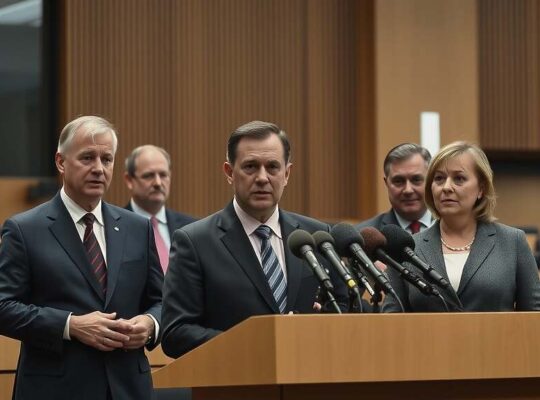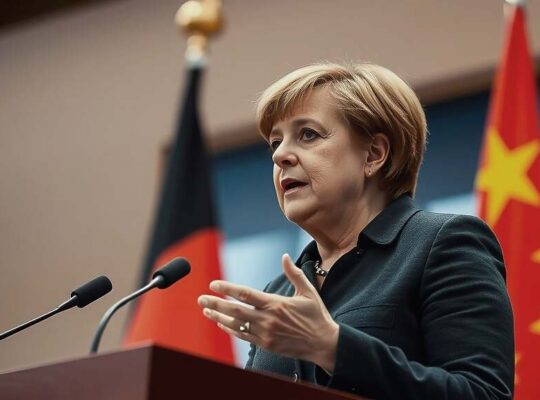Germany is developing its first national situation assessment report, provisionally titled “Drone Deployment in Criminal Activity” aiming to provide a comprehensive overview of drone-related incidents and assess potential threats. The Federal Criminal Police Office (BKA) is leading the initiative, with anticipated release in November.
The report will aggregate data reported by state criminal investigation authorities and will also incorporate information from the Federal Armed Forces. Its purpose is to evaluate the risk posed by drone activity and to create a systematic and validated understanding of the number and regional concentration of drone incursions.
Specific incidents of concern include those impacting critical infrastructure such as energy supply, military installations and arms manufacturers. The assessment will focus on activities potentially linked to politically motivated crimes, their preparation and the possible involvement of drones.
The assessment is planned to be updated on a quarterly basis, with participation from a broad spectrum of agencies including the Federal Military Counterintelligence Service, the Federal Intelligence Service, the Office for the Protection of the Constitution and police forces from both the federal level and individual states.
Authorities suspect that the drones are frequently launched from Russian vessels operating in the Baltic and North Seas. Currently, incident reporting is not standardized across all federal states.
Lower Saxony’s Interior Minister Daniela Behrens has urged Federal Interior Minister Alexander Dobrindt to expedite the joint initiative with the states. While acknowledging that the assessment alone will not dramatically improve drone defense capabilities, she emphasized its necessity for gaining situational awareness and called for swift implementation of decisions made by the Interior Ministers’ Conference (IMK). Behrens further suggested a strong stance against Russian President Vladimir Putin, whom she believes may be testing NATO’s resolve with these drone operations.
She advocated for demonstrating strength by potentially disabling Russian vessels involved and mandating enhanced security measures for critical infrastructure operators such as airports and refineries.
Drone defense is set to be a primary topic of discussion at the upcoming IMK meeting in Bremen in early December. Shleswig-Holstein’s Interior Minister Sabine Sütterlin-Waack highlighted the collaborative efforts underway involving police, intelligence services, the armed forces and civilian agencies, along with targeted investments in drone detection and defense technology to bolster protection for the population and critical infrastructure. Beyond the national situation assessment, the focus includes the collaborative procurement of modern drone detection and defense technology.












